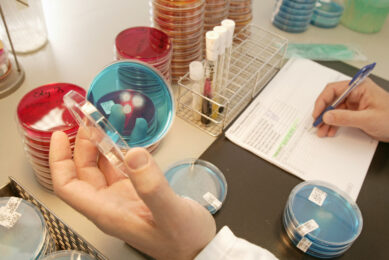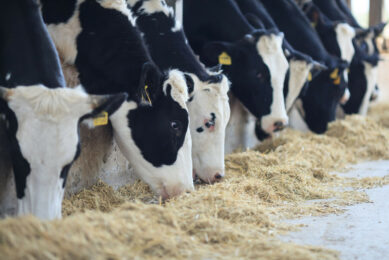Crop yields improved through salt-tolerant bacteria

A Uzbek microbiologist, Dilfuza Egamberdieva, has discovered a technique to enrich impoverished soil with a salt resistant bacteria which improves crop yields by 10-15%
Egamberdieva, group leader at the National University of Uzbekistan, at Tashkent, has been studying soil bacterial communities for over 10 years and noticed that salty soils discourage bacterial growth, stress plants and often host bacteria that are harmful for humans.
In her study, Egamberdieva isolated salt-tolerant bacterial strains that live in salt-degraded soils, where they help the rooting process in plants and not harmful to humans.
“We found that bacteria from the Pseudomonas family, in particular Pseudomonas extremorientalis, are salt-resistant and grow close to the roots, where they compete with other bacteria for colonization. On the contrary, pathogenic bacteria cannot actively colonise the plants’ roots. Here, Pseudomonas produce antibiotics that plants use to defend themselves against fungi, trigger the rooting process and produce nodulation-promoting factors, thus giving the vegetation better chances to fix nitrogen and grow bigger.” As an exchange for these favours, plants secrete exudates useful for the bacteria.
Egamberdieva has come up with a technique (patented) that allows the selective enrichment of Pseudomonas strains. Using her technique, Egamberdieva is able to isolate from the soil only beneficial root-stimulating bacteria.
Her research has been supported mostly by international organizations and funding agencies.
Egamberdieva has been invited to present her results at the TWAS’s 24th General Meeting in Buenos Aires, where she has been awarded one of the TWAS Prizes.
Source: ScienceDaily











